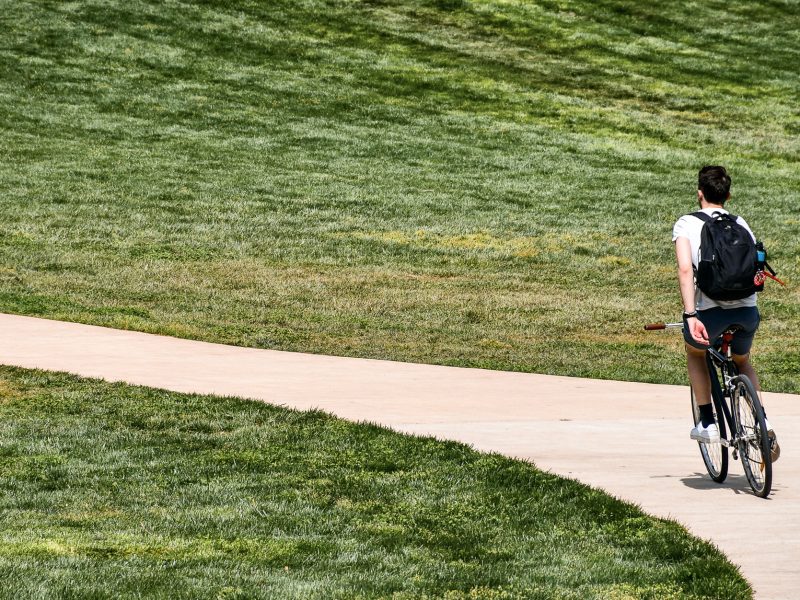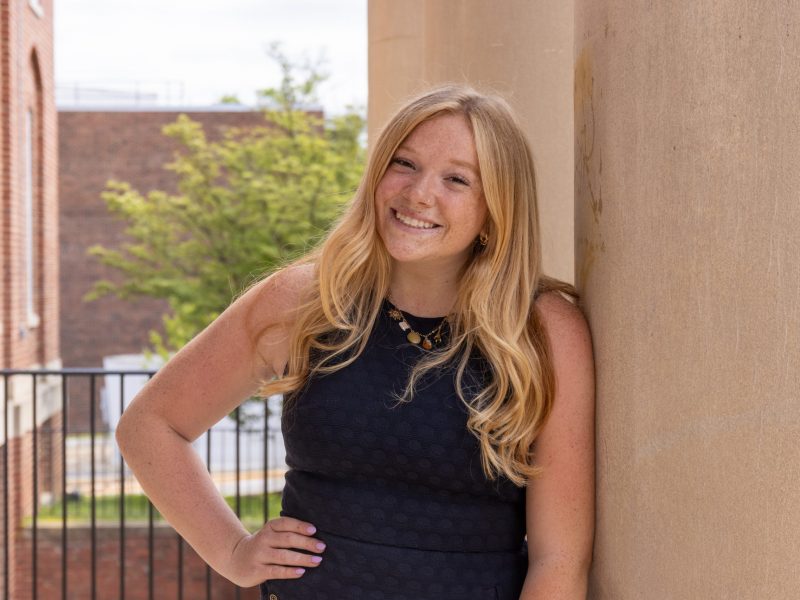By Conner Hoyt
For The Diamondback
Lauryn Froneberger stood before a crowd of about 30 people and posed a question: “Are we hypocrites?”
The University of Maryland’s chapter of the NAACP, led by Froneberger, co-hosted a discussion Tuesday night about hyper-masculinity in the black community.
“A lot of these [hip-hop] songs, we know they’re wrong, but we still play them at parties,” said the senior journalism major, adding that such songs emphasize male superiority, flashing of money, domination and destruction.
“Man Up!”— a joint event at the Nyumburu Cultural Center coordinated by this university’s NAACP chapter and the Black Male Initiative — stressed the effect that hip-hop, sports and fashion have on black men. It was the first time the two groups teamed up to hold an event at this university.
“We’re taught what to say, what’s wrong, what’s right,” said Darien Dixon, a junior sociology major. “If you were brought up with certain ideologies of what it is to be a man and some of those ideologies were rooted in hyper-masculinity, then that’s what you’re going to act out when you grow into a full adult and that’s also what you’re going to teach your children.”
“Man Up!” featured four presenters, who each engaged in a back-and-forth dialogue with the audience.
Froneberger said she wasn’t sure how many people would come, as people tend to shy “away from heavier topics.”
“Masculinity is such a touchy topic for a lot of men, particularly for men of color,” she said.
The event opened with anonymous polls. One question read: “Do you believe men should hide their emotions?” Fourteen people answered no, 10 said it depended on the situation and one person said yes.
“I don’t believe that we will solve hyper-masculinity,” Froneberger said, “but I want to get the conversation going because I want people to be cognizant that as college students, we’re kind of in a bubble.”
G. Hudson Drakes, a senior biology major who spoke at the event, said he hopes to bring awareness to the issue of hyper-masculinity, and also give audience members the opportunity to formulate their own opinions.
He said the meeting would allow for “great conversation on hyper-masculinity within the black community, specifically black males,” Drakes said.
Froneberger said this university’s NAACP chapter plans to host other discussions, too, including one on rape culture and how to prevent it.
“People came in with certain perceptions, and I feel like they left differently,” Froneberger said. “If everyone comes in with an open mind and a willingness to learn and share, that really changes and educates people more than anything.”
CORRECTION: Due to a reporting error, a previous version of this story incorrectly described Lauryn Froneberger as a junior. She is a senior. Additionally, the article referenced a NAACP event as targeted toward rape culture in the black community. The event will be about rape culture in general. This story has been updated


